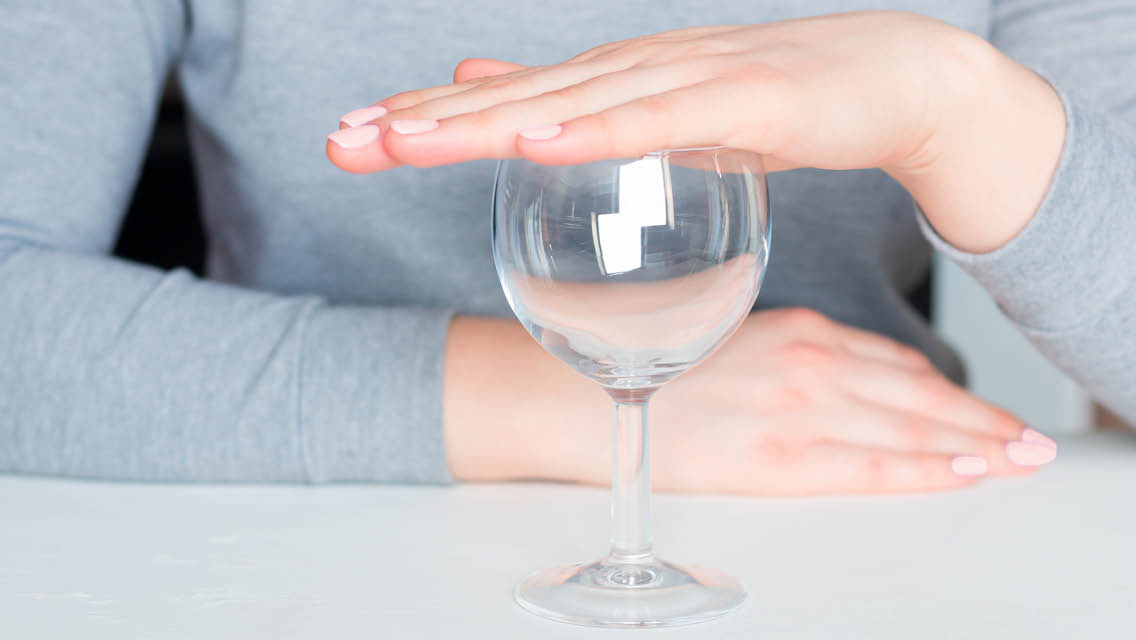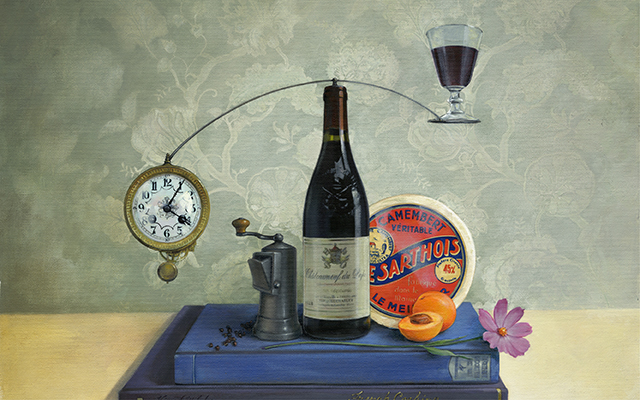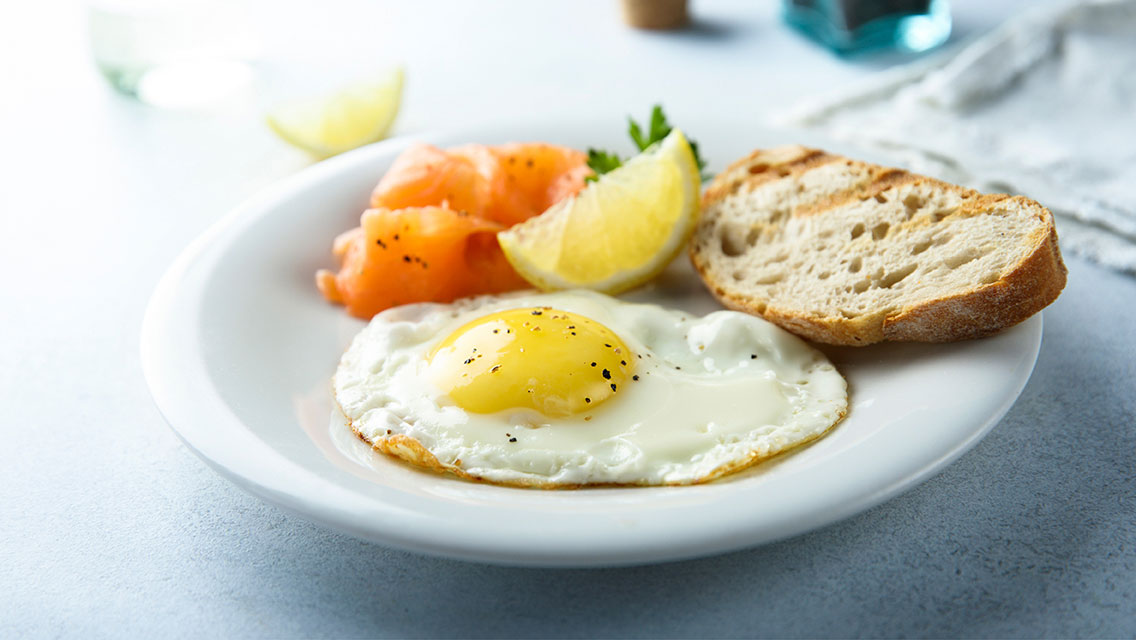It’s tough to avoid alcohol. Whether it’s bloody marys at brunch or hot toddies around a neighbor’s backyard firepit, imbibing and socializing are frequently intertwined.
And drinking culture has long been black and white — you either drink or abstain. Occasionally declining a drink or sipping seltzer rather than wine can lead to loaded questions: “Why aren’t you drinking? Are you trying to cut back? Are you pregnant?”
But times are changing for some age groups. One 2019 Nielsen report states that 66 percent of millennials made an effort to reduce their alcohol consumption that year. And Generation Z, currently in high school and college, have been drinking at lower rates during their adolescence than any previous generation.
The beverage and hospitality industries have taken note of this shift. In recent years, more nonalcoholic drink options have come to market, and mocktail bars have sprung up in cities across the country, giving young people the opportunity to socialize in a booze-free environment. (Looking for a booze-free alternative? Try one of these “11 Winter Mocktails” or a refreshing “Summer Mocktail.”)
This reexamination of drinking culture is typified by the sober-curious movement, a term coined by journalist Ruby Warrington, who wanted to reduce her alcohol intake without fully abstaining. Her 2018 book, Sober Curious, offers a perspective on what it means to have a mindful, intentional relationship with alcohol — whether that means sober sometimes, or sober always.
Sober Sometimes
Warrington defines “sober curious” as choosing “to question, or get curious about, every impulse, invitation, and expectation to drink, versus mindlessly going along with the dominant drinking culture.” She considers herself a person who doesn’t drink — but she also doesn’t have any rules or judgments about drinking, for herself or for others.
This approach allows her to leave space “for an immaculately informed and superconscious choice to take a drink on occasion.”
Drinking occasionally while using the term “sober” may raise some hackles, but it works for Warrington. That’s the whole point of the sober-curious movement, really: It’s about individual choices. Those who want to be more intentional about their relationship with alcohol — without giving up booze altogether — may find the sober-curious approach more inclusive of their lifestyle.
That’s one reason University of New Mexico psychology professor and addiction researcher Katie Witkiewitz, PhD, is a fan of the sober-curious movement: “Because each person is different,” she explains. “It might mean drinking less overall. It might mean drinking less frequently in a given period, or only drinking on certain occasions.”
Whatever approach you choose, Witkiewitz says, the idea is to have a thoughtful plan for when you do and don’t want to imbibe.
Rae Dylan, a New York City–based interventionist, sober coach, and a sober companion, often works with clients who want to stay sober for a particular reason — for example, an actor might need to abstain because of a movie contract. She sees the sober-curious movement as another step toward integrating healthier choices into your life.
“Right now, people are trying to focus on the healthier, better things for themselves,” she says, “whether it’s meditation, yoga, or possibly not drinking.” (For more on this, see “How to Drink Mindfully”.)
The Upside of Cutting Down
The emotional and mental benefits of reducing alcohol intake are myriad. Warrington has experienced “a more optimistic outlook, increased productivity and confidence, greater self-acceptance, and a boost in my libido.”
The additional perks she mentions — including more energy, improved sleep, better digestion, and clearer skin — can also improve your mental health.
“If you’re sleeping better and you have more energy, you might be more apt to exercise,” Witkiewitz says, “and you might be feeling better about your life more generally. You might be less likely to argue with your partner or your children. You might be able to focus more on your job.”
Witkiewitz adds that after reducing alcohol consumption, you may find yourself enjoying your favorite activities even more. This is because alcohol affects the brain’s reward center, the limbic system. When that system becomes overactive, it increases the desire for alcohol — while also decreasing the feeling of reward from previously enjoyed hobbies.
“The system becomes disrupted,” she explains, “and only alcohol provides the kind of pleasure the person is seeking.”
Once your limbic system is back on track, you might get more pleasure from your preferred pastimes. If you’re not relying on alcohol in social situations, you might find yourself having more honest, meaningful conversations. And if you do make a mindful, intentional decision to savor a glass of your favorite wine, you might find that you enjoy it more, too.
Get Curious
While the “sober sometimes” philosophy is liberating for some, Dylan says that it’s not a tenable approach for people with substance-use issues.
“This movement isn’t right for people who are alcoholics — people who are addicted have a mental obsession of the mind and the physical craving of the body. Most alcoholics honestly believe they need alcohol to survive,” she explains.
In fact, if you are physically addicted to alcohol, stopping abruptly can be lethal: Alcohol withdrawal is more deadly than opioid or heroin withdrawal, Witkiewitz says.
Although there is plenty of data suggesting that even individuals with severe alcohol-use disorder can successfully cut back, it’s preferable to do so with a doctor’s guidance. “It’s really important for anyone who’s a very heavy drinker to get medical advice before stopping, and it’s preferable to quit under the supervision of a medical provider.”
If you’re not alcohol dependent and simply want to reexamine the role that it plays in your life, Dylan recommends starting by asking yourself these questions: Why do I drink? When do I drink? Where or in what situations do I drink? What happens when I drink? What happens when I don’t drink? What motivates me to drink?
By looking for patterns, you’ll get a clearer sense of your relationship to alcohol — which can help you clarify whether you want to make a change and be more intentional about when you want to drink.
Everyone’s answers will be different; Witkiewitz says some people drink simply out of habit or out of boredom. Warrington writes that sometimes when she thought she was craving booze, she was really just craving sugar. (For more on the addiction–nutrition connection, visit “Nutrition for Addiction Recovery”.)
Witkiewitz also recommends what she terms “sobriety sampling,” which entails a set period of sobriety. It could be a month — like dry January, which formally began with a campaign by a United Kingdom–based health-advocacy charity in 2013 and is now becoming popular in the United States. If a month feels like too much, start with a week.
During that time, Witkiewitz says, “Notice how you feel, and in what contexts you have a craving or desire to drink. Are you someone who can take or leave alcohol, or are you someone who feels like you need it as a crutch to get through certain situations?”
From there, she says, you can set personal goals for yourself in terms of how you drink, when you drink, and if you choose to drink at all.




This Post Has 0 Comments